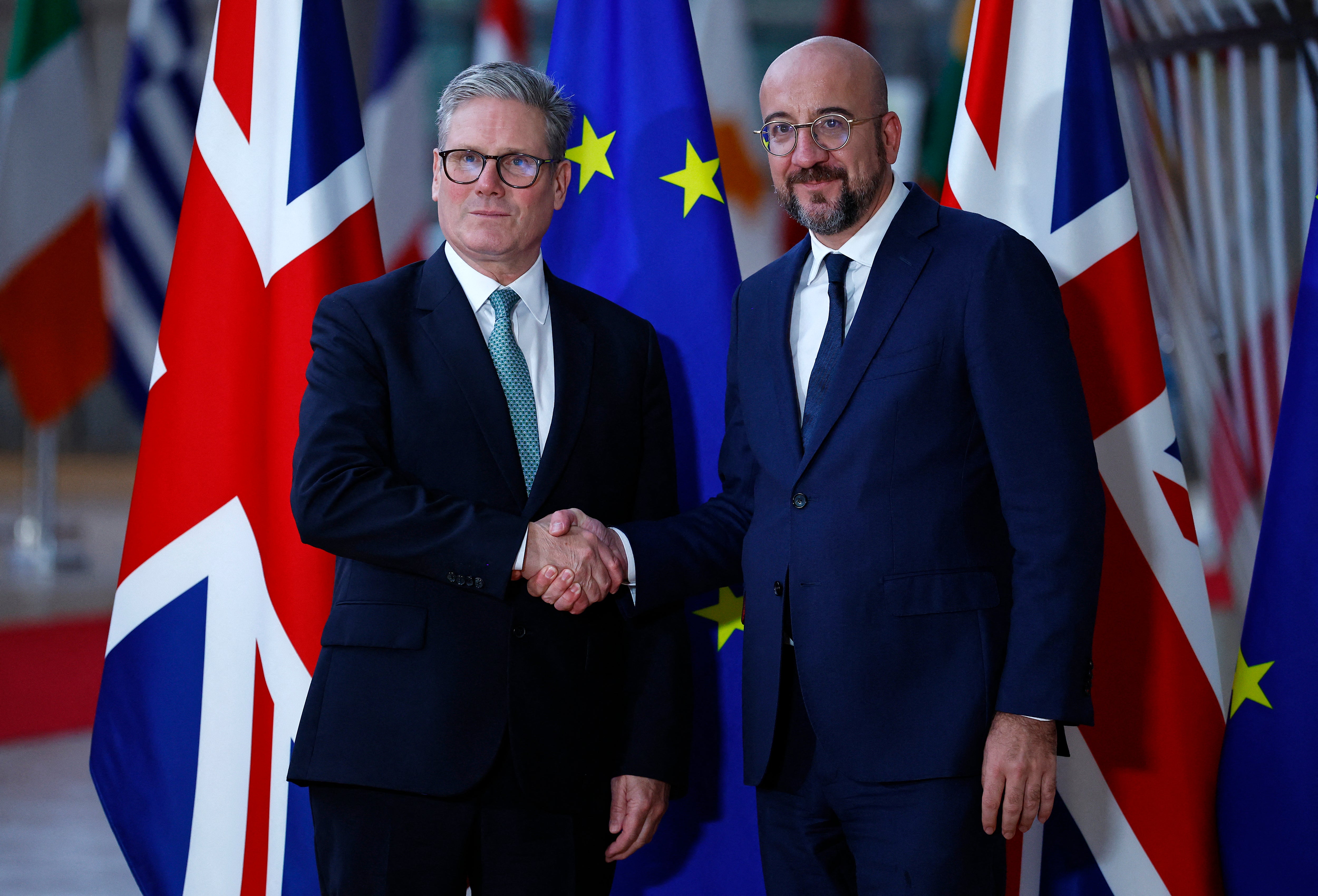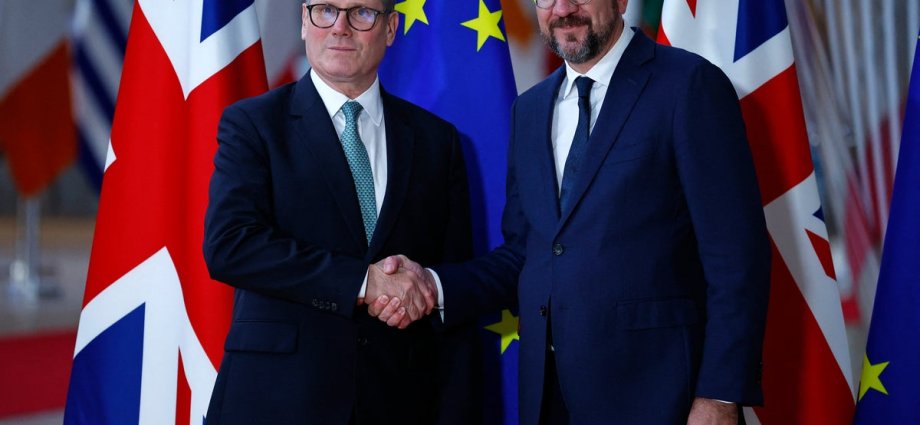A youth mobility scheme with the EU is on the table – but under a different name, The Independent understands, as MPs attempt to secure government backing for the agreement.
A list of recommendations produced by the EU-UK Parliamentary Partnership Assembly – a delegation of members from the UK and EU parliaments aimed at strengthening relations with the bloc – has urged the government to establish a “youth opportunity scheme”.
It is understood the scheme would operate similarly to proposals for a “youth mobility scheme”, which had become a major sticking point between the UK and EU.
It would allow 18 to 35-year olds, including those doing apprenticeships, to move and work freely between countries for up to two years.

Britain already has a similar agreement with Australia and 12 other countries, including New Zealand, South Korea, Iceland, Uruguay, Hong Kong and Taiwan.
There is widespread support among the British public for such an agreement with the EU, with a YouGov survey of almost 15,000 people indicating that two-thirds (66 per cent) of people backed the scheme, compared to just one in five (18 per cent) who are opposed.
In Nigel Farage’s Clacton constituency, which voted overwhelmingly in favour of leaving the EU in 2016, more than twice as many people were in favour (57 per cent) than against (25 per cent) the idea of a mobility scheme.
EU officials see such a scheme as a key aspect of closer ties with Britain, but so far, the UK government has publicly opposed it.
There is now hope among MPs on the parliamentary delegation that the change in language will help to get the agreement over the line, as it is understood that a key stumbling bloc for ministers was the term “mobility” – amid fears critics would use it as evidence Labour is restoring freedom of movement.
Supporters of the agreement insist that freedom of movement is not on the table, as the scheme would have clear limits – including on the length of time individuals can stay for and their age.
Asked about the recommendation for a “youth opportunity scheme”, a government spokesperson said there would be “no return to freedom of movement”, but said ministers would “look at the range of proposals made in the report”.
Lord Peter Ricketts, a retired British senior diplomat and a crossbench peer on the delegation, told The Independent: “That word mobility seems to be the stumbling block because it conjours up ideas of free movement – even though it would not be free movement”.
“A youth opportunity scheme is more acceptable on the UK government side.
“And as far as the parliamentarian sides are concerned, they’re less worried about the words and more worried about giving young people opportunities”, Lord Ricketts added.
The Liberal Democrats, who have long been pushing for such an agreement, saw the latest developments as a victory. The party’s Europe spokesperson James MacCleary told The Independent: “Whatever the scheme is called – ‘youth mobility’, ‘youth exchange’ or something else entirely – it’s essential that the UK delivers for young people who deserve the chance to work and live in Europe. It’s mad it’s taken this long to commit to extending a scheme that we already have with Australia and Japan to our European friends.
“I hope to see firm plans put forward before the UK-EU summit in May.”
Meanwhile, Dr Mike Galsworthy, chair of the pro-EU European Movement, argued such a scheme is “long overdue”, insisting it will win the government “new support and momentum”.
He said he “cannot fathom” why it has so far taken so long for the government to get behind it.
A government spokesperson said: “We do not have plans for a youth mobility agreement. We are committed to resetting the relationship with the EU to improve the British people’s security, safety and prosperity.
“Our starting point will always be to act in Britain’s national interest, and we will look at the range of proposals made in the report. But we have been clear there will be no return to freedom of movement, the customs union or the single market.”











